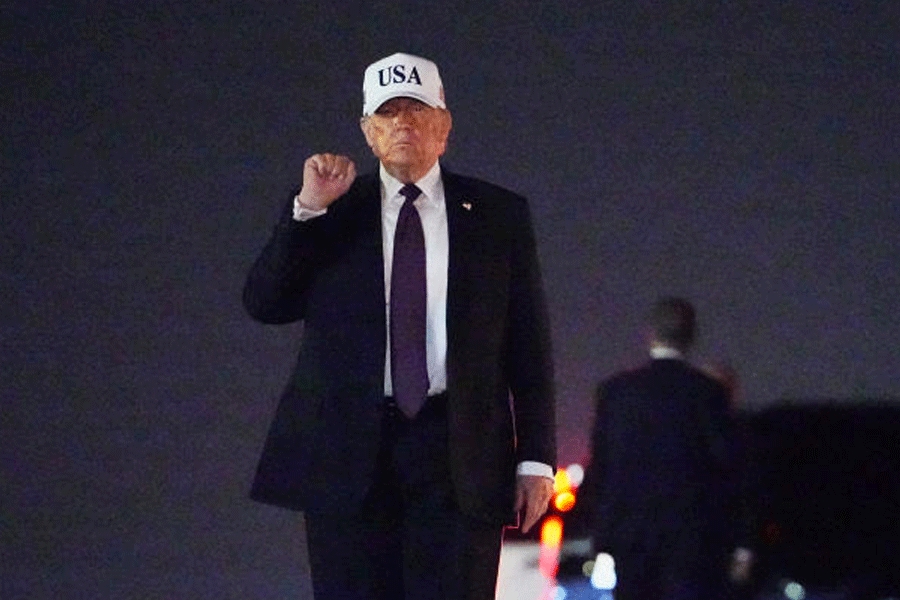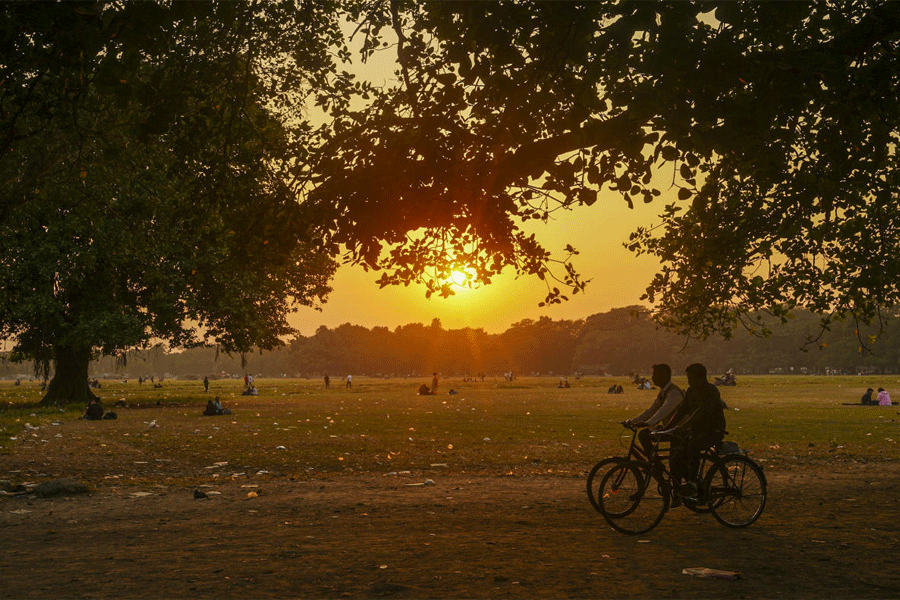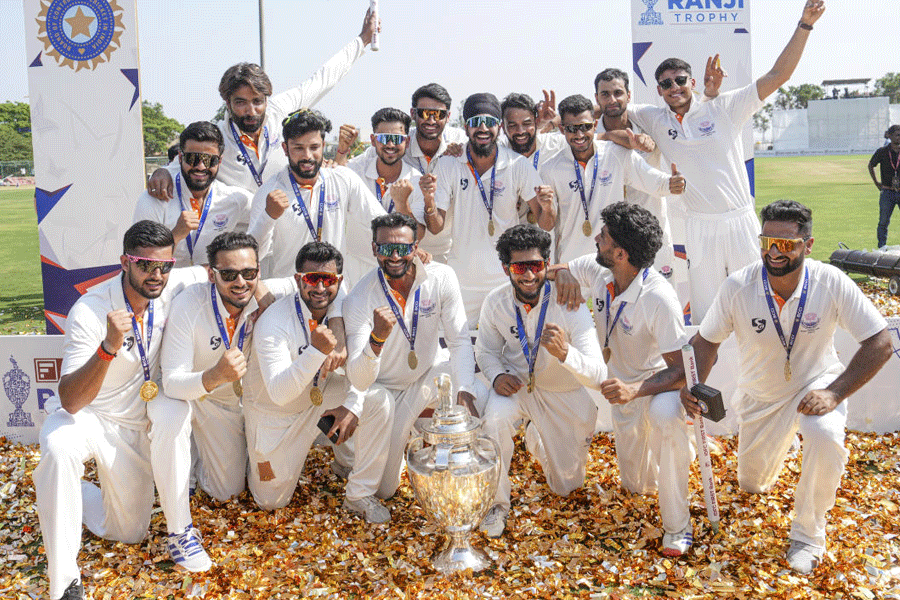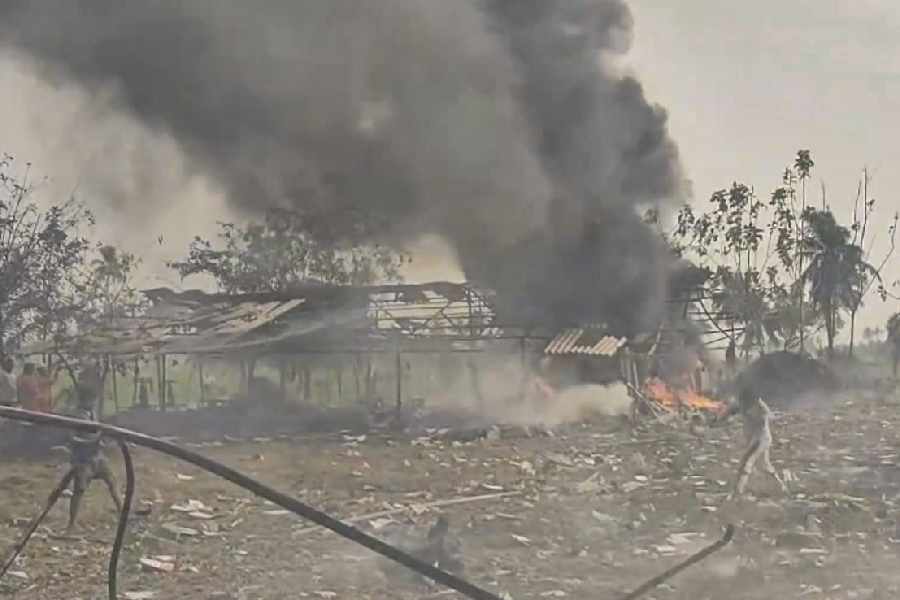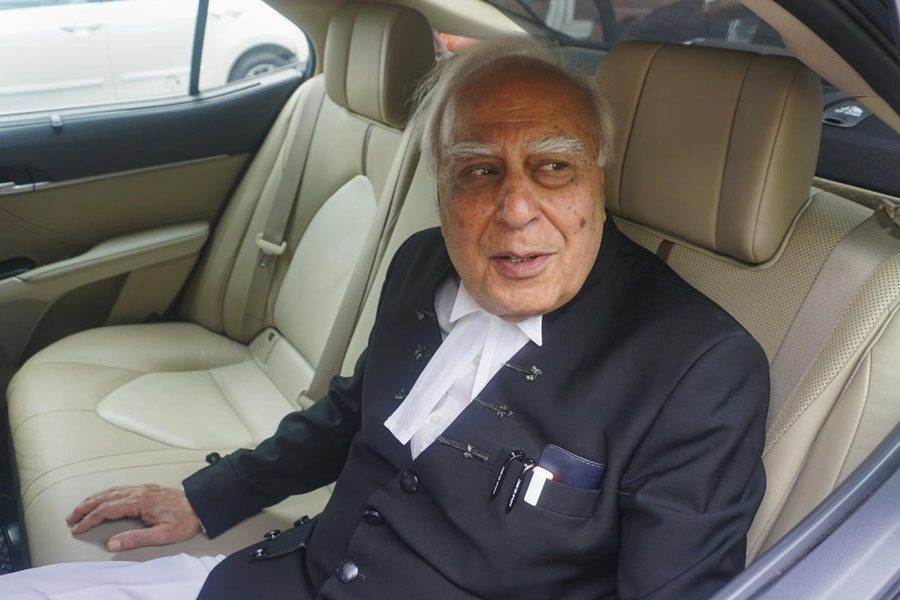 |
| (From left) Members of Bihar State Human Rights Commission RK Khandelwal, SN Jha and Rajendra Prasad at the seminar on Friday. Picture by Deepak Kumar |
Patna, Jan. 28: Thin attendance of mediapersons at a day-long seminar on the “Role of media in protection of human rights”, left the organisers fuming.
The Bihar State Human Rights Commission (SHRC) had organised the seminar with an aim to create awareness about various provisions of human rights and the laws protecting rights of an individual.
The SHRC had invited media representatives from various houses but very few bothered to attend the seminar. Addressing the seminar, SHRC chairperson S.N. Jha said: “Today media plays a pivotal role in protecting human rights but looking at the vacant seats here, it seems that journalists from Patna are only interested in sensational news.”
Jha further said: “Media builds public opinion and acts as a public mouthpiece by impressing on the government the need to take the subject of human rights seriously. It is a watchdog of the society.” The SHRC chief said women, child, and people coming from economically weaker sections of society are the biggest victims of human rights violation. “A woman is subjected to various types of human rights abuse, starting from her house to workplace and even on the roads. Media plays an important role in creating awareness about human rights violations but at the same time media should not only report the incident but should go into the depth of the case which leads to the violations.”
Justice Rajendra Prasad, an SHRC member, said: “In Rupam Pathak case, most of the newspapers have reported the case but very few have bothered to go into the depth of the reasons that pushed Rupam to take such an extreme step. Rupam is not an isolated case. There are many such cases and the media should highlight such cases as it is the fourth pillar of democracy.”
Justice Prasad further said: “The media is brave but it requires to be braver as it a silent force which changes public opinion.”
Discussing the challenges in front of the media, the speakers said growing competition has brought a lot of change to the way the media perceives an event.
The speakers present at the seminar were of the opinion that competition is good for the media in a lot of ways.
“There was a time when the editor was the boss of the newspaper and it was he who used to call shots in the management. However, the time has changed and now newspapers houses are treated like any other business establishment where the marketing department at the helm of affairs. The editor has been reduced to a ‘hired labourer’ working purely on a contract basis,” said Justice Prasad.
When asked about the ongoing agitation against the proposed asbestos unit in Muzaffarpur, SHRC chairman said the commission has received the complaints of the protestors and it is looking into the matter.
The speakers at the seminar also attacked the political system and administration saying the leaders and the bureaucrats are the first violators of human rights. They have to understand their responsibilities and be more sensitive towards issues related to violation of human rights.


